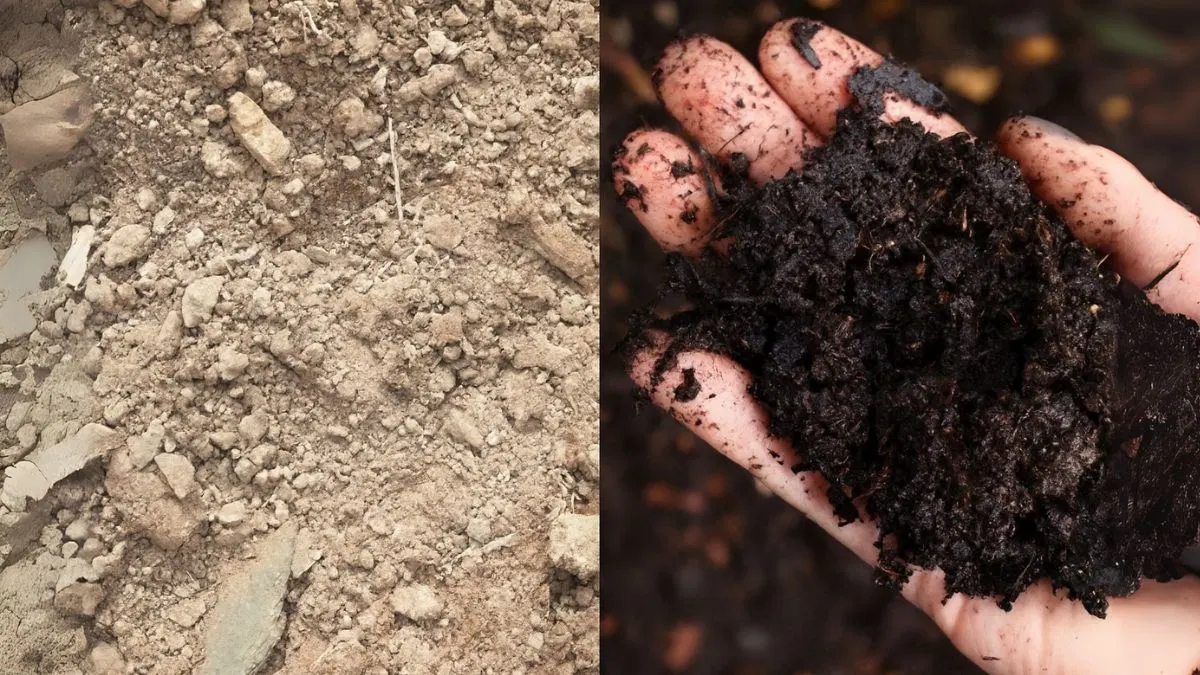In a world where success often means climbing the corporate ladder, Deepak Raj Tushir chose a path less travelled—and far more impactful. After a rewarding decade in the tech industry, including a flourishing role at Wipro, he gave up the comfort of a six-figure salary to return to his roots in Janti Khurd, a small village in Haryana.
Why? To build something bigger than a career: a future for India’s rural economy, powered by cows, code, and commitment.
From Tech Executive to Rural Changemaker
Armed with a degree in Computer Science and an MBA in IT, Deepak Raj Tushir was on a fast track in India’s growing IT landscape. But his heart never left the soil he grew up on. He believed that rural India deserved the same innovation and efficiency as its urban counterpart—and he was determined to bring it.
In 2012, he co-founded Binsar Farms with two farmers from New Zealand and two fellow Indian techies. Their vision was bold: blend modern dairy farming with smart data solutions. Or as Deepak calls it:
“Dairy meets Data. Rural meets Real Innovation.”
How Binsar Farms Started (and Struggled)
The journey wasn’t easy. They began with just 50 cattle—but only 35 survived the early days.
Instead of giving up, Deepak invested in technology, infrastructure, and education. He introduced tools that were unheard of in traditional Indian dairy farming:
- Real-time health monitoring for cattle
- Milk production optimization via data analytics
- DNA testing to track and improve breed quality
- PMR (Partial Mixed Ration) feeding systems
- Sustainable cattle management practices
This mix of technology and grassroots involvement became the foundation for Binsar’s future success.

Binsar Farms Today: A Dairy-Tech Success Story
Fast forward to today, and Binsar Farms is thriving—both as a business and a model of sustainable rural development.
Here’s what they’ve achieved:
- 450+ high-yielding cows, including HF Jersey and indigenous breeds
- 7,000–8,000 liters of fresh A2 milk per day
- Direct-to-consumer products: ghee, paneer, curd, and lassi
- Seamless delivery through their proprietary Binsar Farms mobile app
- 200+ acres of land under contract farming
- Technical crop guidance, improved seed quality, and increased farmer income
What sets Binsar apart is not just production—it’s empowerment. Farmers aren’t just workers here; they’re stakeholders. With Deepak Raj Tushir’s tech expertise, even smallholder farmers now access scientific tools, AI-based livestock care, and market-linked prices.
Also Read: From Microsoft to Mulch: How Bill Gates Is Revolutionizing Farming
Why This Story Matters for India’s Future
We often equate progress with startups, unicorns, and skyscrapers. But India’s real potential lies in its rural economy—and Deepak’s work is living proof.
By leveraging technology in agriculture and dairy, Binsar Farms is:
- Increasing productivity without increasing exploitation
- Creating sustainable rural livelihoods
- Bridging the urban-rural tech gap
- Offering a blueprint for climate-resilient, AI-powered agriculture
Deepak didn’t wait for a government grant or CSR donation. He used what he knew—code, strategy, logistics—and applied it to where it was needed the most: the fields, the cowsheds, the kitchens of rural Haryana.
Tech + Tradition = Impact
It’s not just about cow tech and milk production. It’s about reshaping rural systems.
With the Binsar Farms app, urban consumers in cities like Delhi and Gurgaon now get access to farm-fresh A2 milk and products. Meanwhile, rural families get:
- Stable income
- Better nutrition
- Modern farming knowledge
- Dignity and recognition
It’s an ecosystem where dairy meets data, and AI meets agriculture—all starting from one man’s leap of faith.
What We Can Learn from Deepak’s Journey
- Impact doesn’t require VC funding—it requires vision.
- You don’t need to escape your roots to create change.
- The real innovation in India today isn’t just in apps or AI, but in how they’re applied to real-life problems.
India doesn’t need more unicorns. It needs more Deepak Raj Tushir.
So the next time you sip a glass of milk or use ghee in your cooking, think about where it came from—and imagine how much more we could do if we supported more tech-powered rural ventures.
Read more rural transformation stories, smart farming insights, and dairy-tech innovations at TorontoGardenBook.com



